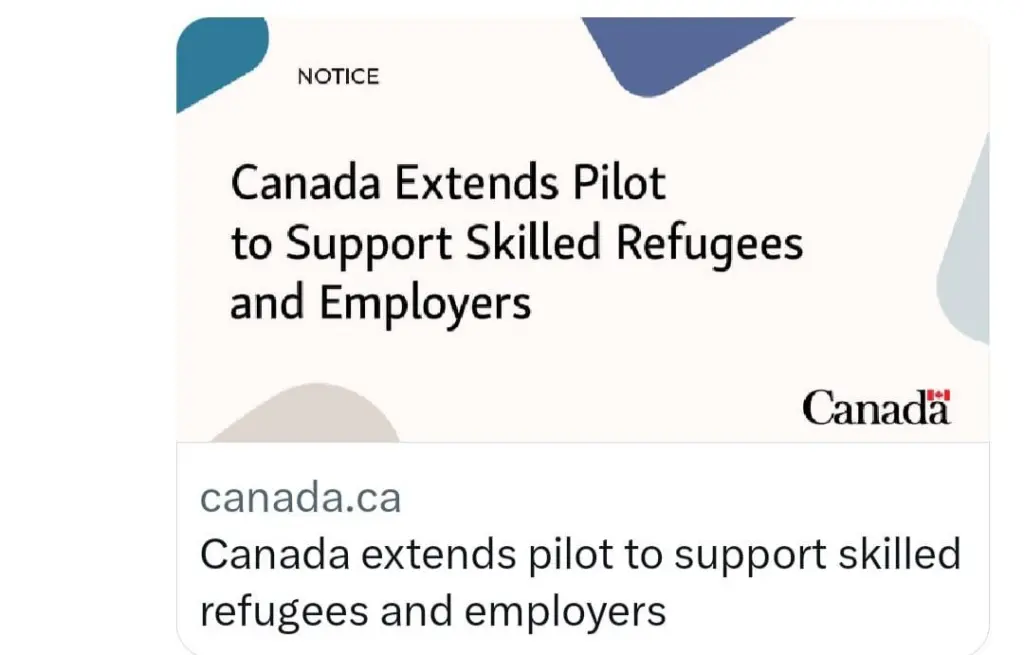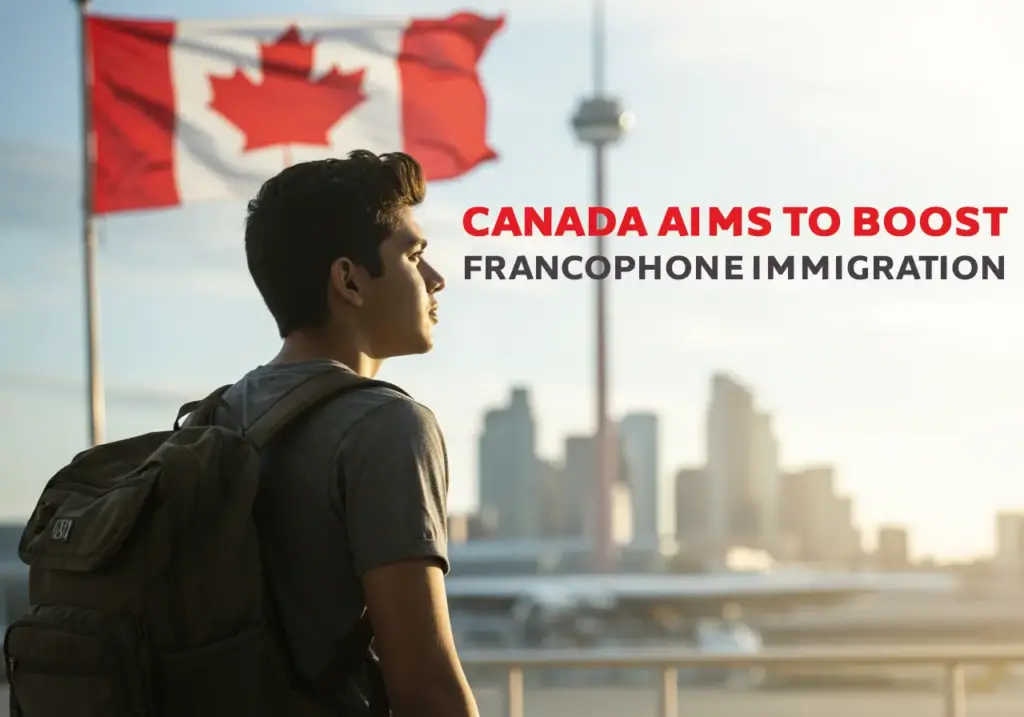What do you need to know about work permits?
Obtaining a work permit in Canada can open new ways for you, all you need is to find the job opportunity that fits you the most, and then we will assist you in the whole process of applying.
From figuring out what kind of permits there are to unravel the mystery of how to get your hands on one, we’ve got your back. So buckle up, dear reader, as we embark on this adventure together, ensuring your overseas work dreams don’t just stay dreams, but transform into your very own reality!

What documents you will need for the work permit?
We will discuss all the documents you will need to apply for a work permit in the following:
- Valid passport or travel document.
- Submit the biometrics and your picture.
- Proof of meeting the eligibility criteria for the job.
- Document to state all your family members and spouse relationship.
- Submit your application if you are outside Canada.
- Submit the family form.
- Submit that you have everything from the Canadian checklist.
- Foreign nationals must submit a Temporary Resident Visa form, this must be submitted by the principal applicant including his/her spouse or common-law partner, and all dependent children older than 18.
- You might need to submit the required document from the employer.
- Certificat d’Acceptation du Quebec (if applicable).
Who qualifies to obtain an open work permit in Canada?
There are several categories of applicants, so if you find yourself in any of the following you are eligible:
- Refugee, refugee claimant, protected person, or any of their family members.
- If you were exposed to a removal order which you can’t proceed to do.
- Spouse or common-law partner of a skilled worker, international student, or the Atlantic immigration pilot program.
- Student but you are no longer able to pay your studies costs.
- International graduate from a Designated Learning institution, then you are eligible to apply for a Post Graduate Work Permit (PGWP).
- Temporary resident.
- Applied to the Permanent Residence in Canada.
- Young workers who have applied for a specific program.
- If you have a dependent family member who applied for permanent residence.
What are the work permit types in Canada?
The Canadian government classifies work permits into two types:
- LMIA-supported (often referred to as closed), such as the “Temporary Foreign Worker Program (TFWP)”.
- LMIA-exempt (commonly called open), such as the “International Mobility Program (IMP)”.
As mentioned earlier, the LMIA ensures that granting a work permit to an overseas individual won’t adversely affect the job opportunities and salaries of Canadians.
What is the fastest work permit?
The fastest work permit is the Global Talent Stream, as the processing time for this program is within 2 weeks of applying, accurately it is 10 business days. This program is for skilled foreign nations to fill specific labour market needs.
This program can be classified into 2 categories, category A and category B, category A is for high-growth companies, while category B is for employers looking to hire certain highly skilled foreign workers.
Find out if you are eligible to get in Canada →
What is the processing time of the work permit?
Processing time of the work permit is between 1 to 9 months, this period starts when you submit your application to the Immigration, Refugee, and Citizenship Canada IRCC, till you get a final decision about your application.
What is the processing fee for the work permit?
The processing fee for the work permit is CAD 155, while the open work permit fee is CAD 100. work permit fee doesn’t change by changing the industry.
Is obtaining permanent residency in Canada while working there with a work permit possible?
The most granted program to get the PR is the Canadian Experience Class (CEC), and to be eligible to apply for the CEC is to meet the following requirements:
- Possess a minimum of one year’s full-time skilled work experience in Canada, acquired within the three years leading up to the application submission.
- Satisfy or surpass the mandated language proficiency, as per the National Occupational Classification (NOC) skill level pertinent to your work experience.
Can my family accompany me to Canada while I’m on a work permit?
If you have a valid job offer from a Canadian employer, you are allowed to get your family to accompany you, whether this family member is your spouse or a dependent child. Also, your spouse can apply for an open work permit to work in Canada.
Can I change my visitor status to a worker status in Canada?
Work permits are crucial documents for individuals seeking employment in foreign countries. This blog has highlighted several key points to remember. Firstly, the requirements for obtaining a work permit vary from country to country and may include factors such as job offers, qualifications, sponsorship, and financial stability. Secondly, work permits often come with restrictions, such as limitations on the type of work or employer. Individuals need to understand and comply with these restrictions to ensure a smooth and legal employment experience. By being aware of these key aspects of work permits, individuals can navigate the process more effectively and pursue their employment goals abroad with confidence.











